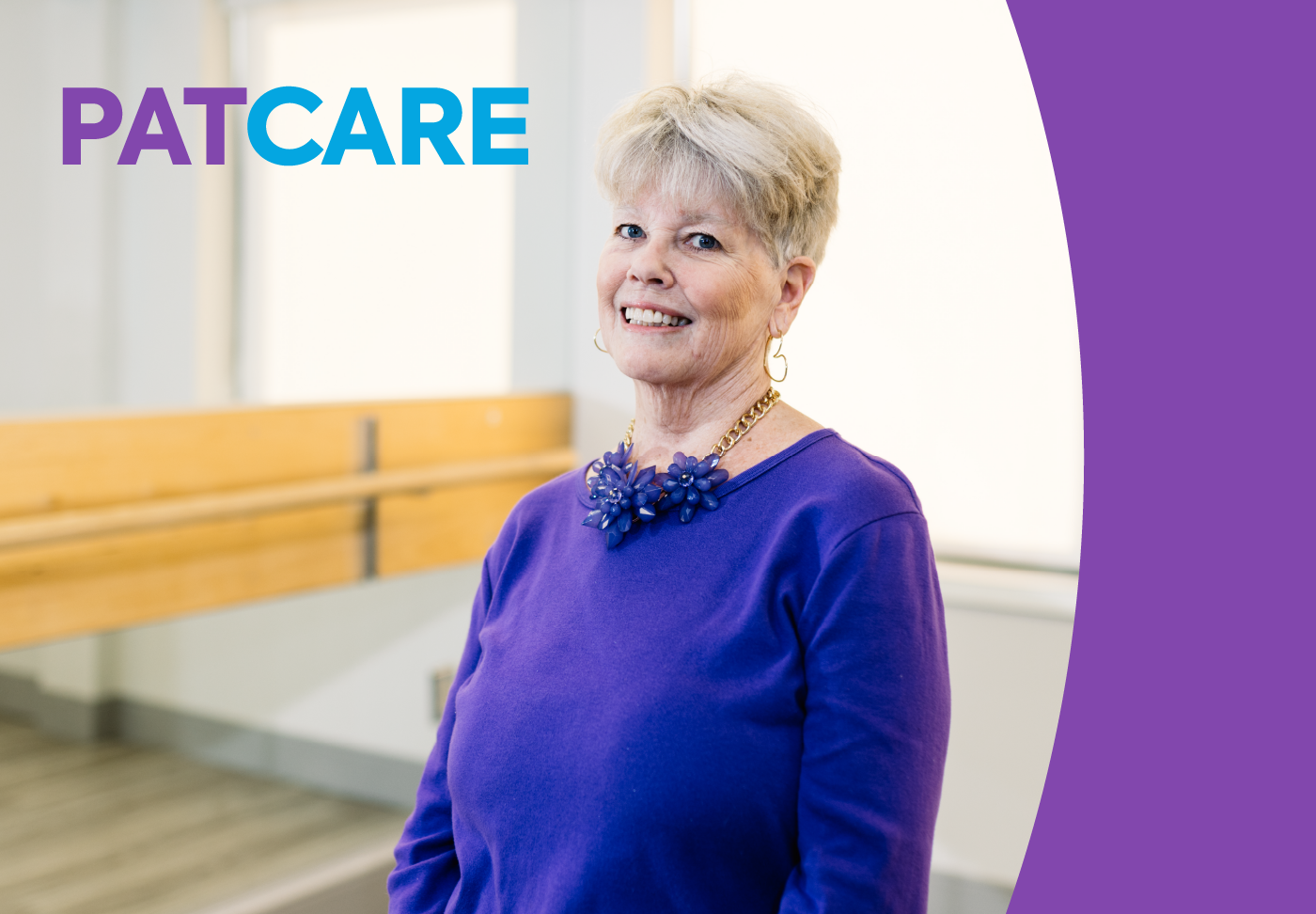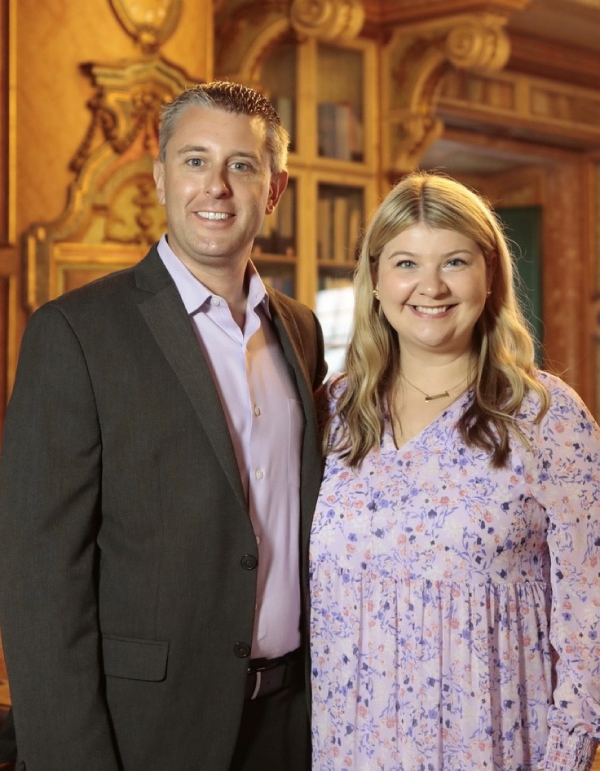If you looked up the word “active” in the dictionary, you just might find Ulysses Price’s picture.
Between serving on the tennis court, racking up strikes in bowling and learning new moves in martial arts, he defines life by what brings him the most joy: movement.
But all that changed when severe neck and shoulder pain entered the picture. Ulysses could barely do a double take let alone hold play doubles on the court.
“Not being able to do simple things like reach for a bowl in the cupboard or turn my neck were big limitations in my life,” Ulysses said. “I tried to tough it out. But when the pain was non-stop, that’s when I decided I needed medical attention.”
Ulysses turned to Wellstar’s neuro experts to help him take control of his health. Now, after a state-of-the-art neck procedure, Ulysses is back in action and doing his favorite activities — even better than before.
From diagnosis to surgery and recovery, Ulysses formed a lasting partnership with his Wellstar care team and knows he can face any health hurdle with confidence.
Health providers who have your back
When pain became a constant part of Ulysses’ life, he sought help from his Wellstar primary care provider.
Ulysses' provider took his pain seriously. After an MRI revealed a serious spinal issue, he connected Ulysses with expert neuro care at Wellstar right away.
That’s when Wellstar Neurosurgeon Dr. Phillip Parry joined the team, determined to help put an end to Ulysses’ pain. Dr. Parry stressed how important primary care providers are when it comes to keeping a keen eye out for potential medical issues.
“The value of having a primary care provider who can identify neck and low back pain cannot be overstated,” Dr. Parry said. “Having these conditions addressed early by the right specialists is extremely important.”
Catching neurological conditions at the start is key to helping patients have the best outcome possible. The same was true for Ulysses, whose spine issues were interfering with his everyday life.
“Ulysses had a narrowing in the cervical canal of his cervical spine, the bony portion through which the spinal cord is transmitted,” Dr. Parry said. “As we age, virtually all patients develop some amount of this compression.”
“In Ulysses’ case, his spinal compression had become so severe that it was causing spinal cord dysfunction,” Dr. Parry explained. “His condition resulted in weakness in his hands, being unable to walk with confidence and feeling very unstable on his feet.”
Working together, the pair discussed the potential treatment options for his pain. Because Dr. Parry always kept an open dialogue, Ulysses felt comfortable being an active participant in his care.
“I always try to be proactive about any medical procedure and do my research to know as much about it as possible,” Ulysses said, sharing how Dr. Parry took time to answer his questions. “Dr. Parry listened and spoke with me about the most up-to-date procedures, and that made me quite comfortable with him as a person and a physician.”
Soon, they created a care plan that would help Ulysses live his healthiest life for years to come.





